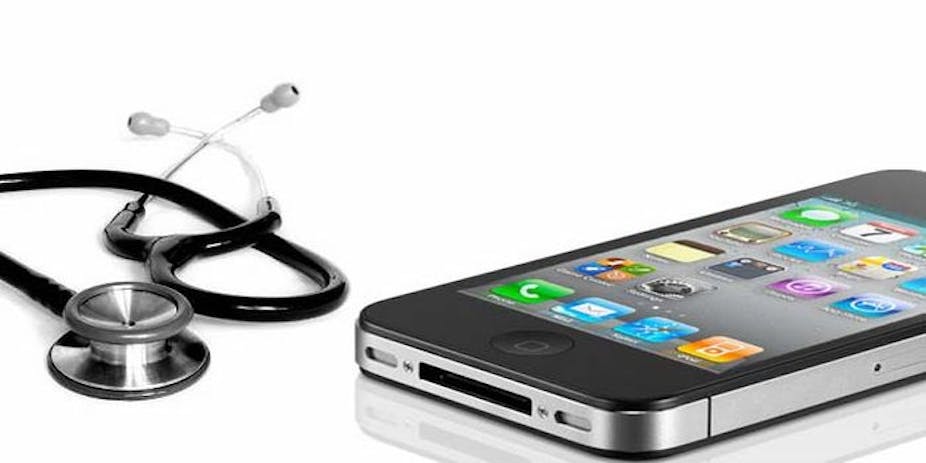Of all the potential calamities facing humanity, the one that few people can argue about is that of the global population that is growing in numbers, age, size and incidence of chronic disease. In Australia, 3.6 million people have diabetes or pre-diabetes. In the US, that number was 29.1 million in 2012, or 9.3% of the population. The number of people with pre-diabetes in 2012 however was a staggering 86 million.
Diabetes is the 6th leading cause of death in Australia and the 7th in the US.
More doctors won’t work
It is no wonder then that 8% of all consultations that GPs deal with in Australia concern diabetes. GPs spend on average twice as long with diabetes patients and they visit twice as many times. The incidence of diabetes is rapidly outpacing the health services’ ability to deal with it. Diabetes in Australia is growing at 7% per year, whilst the number of GPs is only growing at 3%.
The challenge for patients
From the patient’s perspective however, the GP visit represents only 3 hours of direct consultation and support each year, for a condition that they need to be managing for the rest of their lives. Even if the patient is given a plan of how they need to tackle changing their lifestyle in order to reduce the development of their condition, it is largely left up to them to actually carry this out.
An interesting issue here is that all of the health information that is useful to the patient is the data that the patients themselves can measure directly. Having access to information held by the doctor is relatively unimportant, which means that the provision of a personal health record would not help in the overall management of the disease. Governments investing in these systems, like the Australian Personally Controlled Electronic Health Record (PCEHR) would actually do much better by investing directly in software and systems that help patients help themselves, ideally in the form of mobile apps. The US is also seeing low adoption of personal health records, pointing to their limited role in supporting direct management of disease.
What a self-management mobile health app would need
Self-management of chronic disease involves a patient understanding the basis for their illness, being able to activate resources that will help them manage and hopefully improve their condition and finally adapt their life to living with the condition. All of this can be overwhelming, but could be made much easier through electronic assistance.
In the case of diabetes, the recommended guidelines for lifestyle modification are actually quite complicated. There are goals to be set for exercise, diet, smoking and alcohol consumption. A mobile app could allocate an electronic care plan based on these guidelines, along with a means of understanding and keeping track of progress towards achieving set goals.
The principle objective once people understand the goals they need to achieve in managing diabetes is actually sticking to them. Very few patients currently continue with exercise programmes, for example, and give up after only a short time.
Mobile apps would also assist with self-monitoring the progress of diabetes, ideally through connected blood sugar measuring devices. Research has shown that patients that self-monitor their condition significantly improve their outcomes and reduce symptoms of diabetes.
Finally, a self-management app would incorporate elements of “gamification” to keep patients engaged with the process of self-management. Recognising achievements in attaining goals, when presented as part of a game has been shown to increase compliance with self-managed treatments of chronic disease.
Unfortunately we aren’t there yet
Although the features outlined above, if available in a mobile app, would provide ideal support for people with diabetes, finding an app available today is going to be hard. In a review of diabetes apps available for Android and Apple mobile devices, researchers found a wide range to choose from although the majority simply provided a means of recording blood glucose levels. There were no apps that they could find that presented evidence-based guidelines allowing patients to properly manage their conditions.
It is hard to understand why the crisis of chronic disease has been allowed to continue largely unabated. Even though politically it might prove impossible to deal with the root causes of poor diet and lack of exercise, finding more effective strategies for self-management is going to be essential as there are no other viable alternatives.

